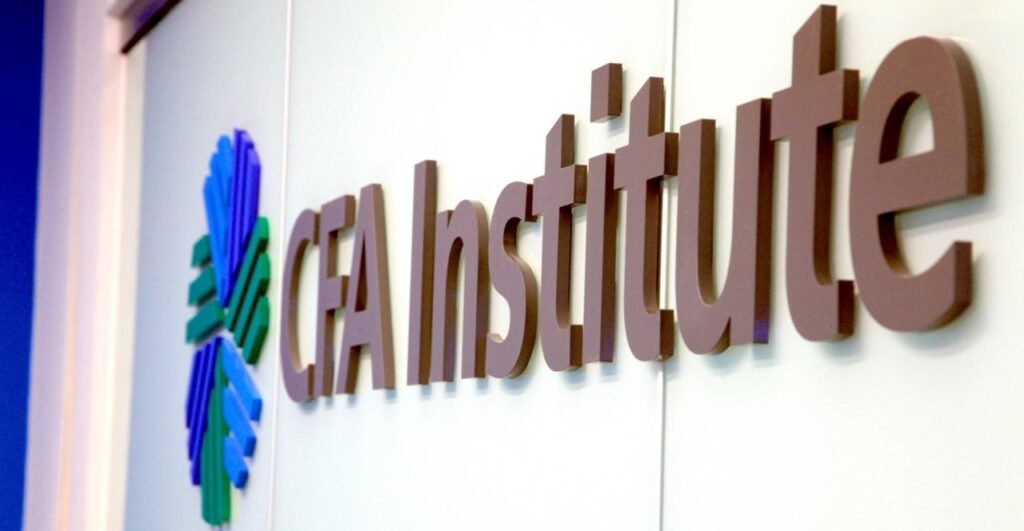India’s retirement system has shown improvement in the 2023 Mercer CFA Institute Global Pension Index (MCGPI). The survey evaluates retirement income systems worldwide, and the recent results indicate that India’s overall index value increased from 44.5 in 2022 to 45.9 in 2023. This improvement has elevated India to the 45th position out of 47 analyzed retirement income systems. The primary drivers of this improvement are enhancements in the adequacy and sustainability sub-indices.
India’s retirement income system comprises various components, including an earnings-related employee pension scheme, a defined contribution (DC) employee provident fund (EPFO), and predominantly DC-based supplementary employer-managed pension schemes. Additionally, government initiatives are part of a universal social security program intended to benefit the unorganized sector.
Preeti Chandrashekhar, India Business Leader at Mercer – Health and Wealth, emphasized the evolving landscape of retirement systems in India. She highlighted improvements in the net pension replacement rate and participation in private pension plans as factors contributing to India’s higher index value. However, she also pointed out that the coverage of the Indian workforce under private pension plans remains low, at just 6%. She emphasized the need for a Social Security System that increases coverage for the unorganized workforce and the self-employed, which would further enhance the system’s effectiveness.
Chandrashekhar noted the government’s focus on transforming India into a fully pensionable society and outlined the measures being undertaken to achieve this goal. Encouraging greater participation in private pensions can lead to increased private savings. Chandrashekhar also highlighted the importance of funding gratuity plans and enhancing communication to members, which can contribute to improved governance and the overall index value.
Artificial intelligence (AI) is emerging as a critical tool in pension reform and retirement planning. As India’s elderly population is expected to double by 2050, AI can play a pivotal role in data analysis, scenario planning, and effective communication to manage the retirement transition. Arati Porwal, Country Head-India at CFA Institute, stressed the potential of AI to empower plan fiduciaries and enhance decision-making for more engaged participants, ultimately improving retirement financial security.
While AI holds substantial promise for pension systems, the report acknowledges the inherent risks, including modeling complexities, ethical considerations, data privacy, and cybersecurity. Robust governance and accountability for AI models are essential to mitigate biases and maintain trust within pension systems.
The Mercer CFA Institute Global Pension Index report reveals that the Netherlands secured the top position, followed by Iceland and Denmark, while Argentina recorded the lowest index value. The index consists of sub-indices covering adequacy, sustainability, and integrity. Portugal leads in adequacy, Iceland in sustainability, and Finland in integrity. The report highlights the impact of declining birth rates on various economies and pension systems, emphasizing the importance of reforms and sustainability in addressing these challenges. Several Asian systems have undergone reforms aimed at improving their scores and long-term sustainability.
